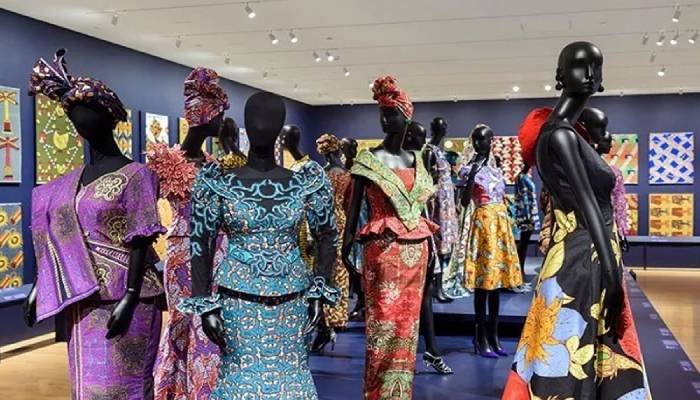In recent years, Nigerian fashion has captured the attention of fashion hubs worldwide due to its unique style and distinctive aesthetic approach. This article explores the rich history of Nigerian fashion, its evolution, and the prominent designers who have shaped the industry.
Resurgence of Nigerian Fashion
History of Nigerian Fashion
The history of Nigerian fashion is deeply rooted in the country’s culture and traditions, which are influenced by its diverse ethnic groups. Traditional Nigerian attire, such as the vibrant “ankara” fabric and intricate “aso-okei” dresses, has long been a source of inspiration for contemporary designers.
Evolution of Nigerian Fashion
Nigerian fashion has evolved from serving practical functions to becoming a form of self-expression. Urban centers like Lagos and Abuja have played pivotal roles in stimulating the industry’s growth, providing platforms for designers to showcase their talent.
Influence of Social Media and the Internet
The advent of social media and online platforms has propelled Nigerian fashion onto the global stage. Bloggers, influencers, and online platforms have become instrumental in showcasing trends and promoting Nigerian fashion globally.
Contemporary Nigerian Designers
Contemporary Nigerian designers are celebrated for their innovative approaches, blending traditional elements with modern styles. Their experimentation with materials, colors, and shapes results in collections that are both unique and globally appealing.
Nigerian Fashion’s Global Impact
Nigerian fashion’s influence extends beyond the country’s borders, with renowned international brands drawing inspiration from Nigerian culture and traditions. Elements like ankara and lace have found their way into global fashion collections, showcasing Nigeria’s cultural diversity and creativity.
Fashion Capitals and Events
Urban centers like Lagos and Abuja have emerged as fashion capitals, hosting events like Lagos Fashion Week and Arise Fashion Week. These events attract international attention, providing Nigerian designers with opportunities to showcase their work on a global platform.
Prominent Nigerian Designers
Deola Sagoe
Deola Sagoe is renowned for her luxurious and elegant collections, blending traditional Nigerian elements with contemporary style to create sophisticated outfits.
Lisa Folawiyo
Lisa Folawiyo gained fame for her bold use of Ankara fabric, incorporating unique textures, embroidery, and details into her designs.
Mai Atafo
Mai Atafo is celebrated for his innovative menswear collections, combining traditional and modern styles with impeccable tailoring and attention to detail.
Lanre Da Silva Ajayi
Lanre Da Silva Ajayi’s designs are characterized by sophistication and elegance, drawing inspiration from traditional Nigerian outfits and featuring luxurious fabrics and hand embroidery.
Conclusion
Nigerian fashion’s journey from its cultural roots to global recognition is a testament to the creativity and innovation of its designers. With its rich heritage and diverse influences, Nigerian fashion continues to inspire and captivate the world.
FAQs
- Is Nigerian fashion only influenced by traditional elements? Nigerian fashion draws inspiration from traditional elements but also incorporates modern trends and styles, creating a unique fusion.
- How has social media impacted the growth of Nigerian fashion? Social media has provided Nigerian designers with a global platform to showcase their work and connect with a wider audience, accelerating the industry’s growth.
- What sets Nigerian fashion apart from other African fashion industries? Nigerian fashion is known for its boldness, creativity, and innovative designs that seamlessly blend traditional and modern elements.
- Are Nigerian designers only focused on traditional attire? While Nigerian designers draw inspiration from traditional attire, they also create contemporary fashion pieces for various occasions and preferences.
- How can one support Nigerian fashion? Supporting Nigerian fashion can be as simple as purchasing pieces from local designers, promoting their work on social media, or attending fashion events to show appreciation for their talent.

